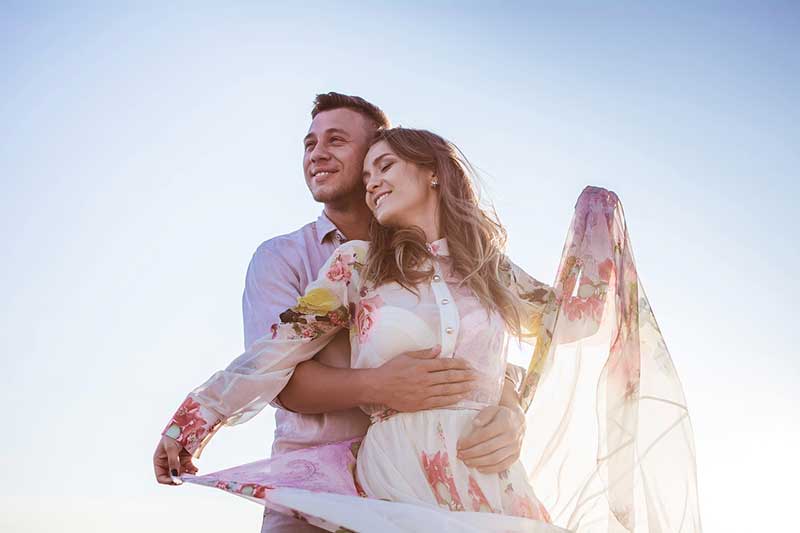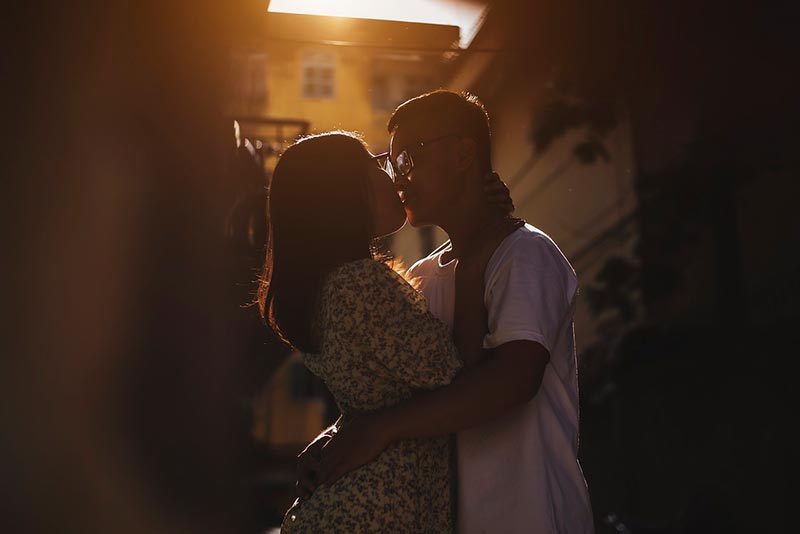Can You Love And Hate Someone At The Same Time
Can you love and hate someone at the same time Two strong and opposing emotions that have molded the human experience are love and hate interactions all through time. Each feeling holds being able to evoke intense feelings and actions.
Can You Love And Hate Someone At The Same Time
It is not uncommon for individuals to experience both love and hate for the same person simultaneously, leading to a complex emotional paradox. This essay delves into the intricacies of this paradox, exploring its psychological roots, societal implications, and ways to navigate the tumultuous terrain of mixed emotions. For more informative blogs visit Sort It
Understanding the Nature of Love and Hate
Love and hate are fundamental human emotions, deeply rooted in our psyche. Can you love and hate someone at the same time Love is characterized by warmth, affection, and a deep sense of connection with another individual. On the other hand, hate is driven by anger, resentment, and a desire to distance oneself from the perceived source of negative emotions. While they seem diametrically opposed, the coexistence of love and hate for the same person can arise from various factors.
Psychological Underpinnings of the Paradox
- Emotional Complexity
The human mind is a complex landscape of emotions, thoughts, and experiences. Individuals can feel multiple emotions simultaneously, leading to the fusion of love and hate for someone. Can you love and hate someone at the same time This emotional complexity might stem from conflicting memories or experiences with the person, the distinctions between affection and animosity.
- Past Wounds and Trauma
Past experiences of betrayal, hurt, or abuse can produce a paradoxical emotional response to someone. Love rooted in shared history might clash with hate borne from past wounds, making it challenging to untangle the web of emotions.
- Conflicting Desires
Sometimes, love and hate coexist when an individual desires a close relationship with someone but finds themselves unable to forgive certain actions, leading to resentment and animosity.
Societal Influences on the Paradox
- Cultural Norms and Expectations
Society often encourages the idea of unconditional love, leading individuals to suppress feelings of hate or guilt for experiencing such emotions. Can you love and hate someone at the same time This conflict between societal expectations and personal emotions can intensify the paradox.
- Social Pressure and Guilt
Feeling both love and hate towards someone can evoke guilt, as it contradicts the notion of emotional purity. Can you love and hate someone at the same time This guilt may lead individuals to internalize their emotions or refrain from expressing them, which can result in emotional turmoil.
Navigating the Turbulent Waters: Coping Mechanisms
- Self-Reflection and Acceptance
Recognizing and accepting the coexistence of love and hate is the first step in navigating this emotional paradox. Can you love and hate someone at the same time Self-reflection helps in understanding the root causes of these emotions and promotes self-compassion in accepting their presence.
- Communication and Boundaries
Open communication with the person involved can be instrumental in addressing the paradox. Establishing clear boundaries allows for a healthier emotional dynamic, fostering personal growth and mutual understanding.
- Seeking Professional Support
In cases where the paradox creates significant distress, seeking the help of a therapist or counselor can provide valuable insights and coping strategies. Can you love and hate someone at the same time Professional guidance can empower individuals to work through their emotions and develop healthier relationships.
Embracing Complexity: A Sign of Emotional Maturity
The paradox of loving and hating someone simultaneously is not an indication of emotional weakness; rather, it signifies the intricate nature of human emotions. Can you love and hate someone at the same time Embracing this complexity is a sign of emotional maturity, as it acknowledges the multifaceted aspects of relationships and the human experience.
Conclusion
The interplay of love and hate is a testament to the intricacies of human emotions. While seemingly contradictory, their coexistence highlights the depth and complexity of our relationships with others. Understanding the psychological underpinnings and societal influences that contribute to this paradox allows individuals to navigate their emotions more effectively. By embracing the complexity of these emotions, we can attain a deeper understanding of ourselves and our connections with others, ultimately leading to personal growth and emotional well-being.
































